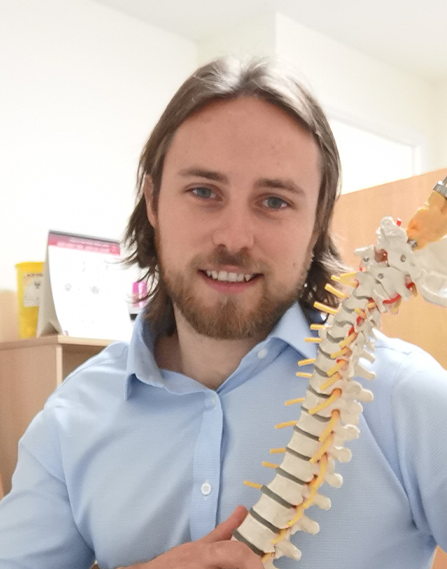Erectile Dysfunction Blood Test, from our experts to you.
Dr Gary Edwards, Chiropractor Chief Medical Officer




Vale Health Clinic
What’s Included?
Cholesterol is an essential fat (lipid) in the body. Although it has a bad reputation it has some important functions, including building cell membranes and producing a number of essential hormones including testosterone and oestradiol. Cholesterol is manufactured in the liver and also comes from the food we eat. Although there are a number of different types of cholesterol, the two main components of total cholesterol are HDL (high density lipoprotein) which is protective against heart disease and LDL (low density lipoprotein) which, in high levels, can contribute to cardiovascular disease. Your total cholesterol result on its own is of limited value in understanding your risk of heart disease; high levels of HDL cholesterol can cause a raised total cholesterol result but may actually be protective against heart disease. Equally, you can have a normal total cholesterol level but have low levels of protective HDL cholesterol. The most important factors are how much HDL and LDL cholesterol you have, and what proportion of your total cholesterol is made up of protective HDL cholesterol. We give a detailed breakdown of the components of your total cholesterol in the rest of this cholesterol profile.
Haemoglobin A1c (HbA1c), also known as glycated haemoglobin, is a longer term measure of glucose levels in your blood than a simple blood glucose test. Glucose attaches itself to the haemoglobin in your red blood cells, and as your cells live for around 12-16 weeks, it gives us a good indication of the average level of sugar in your blood over a 3 month period.
How to prepare
for your test?
Special Instructions
Avoid high fatty foods 8 hours before the test there is no need to fast. Please let us know if you are currently or have been on Hormone replacement therapy. Do not take biotin supplements for two days before this test, discuss this with your doctor if it is prescribed.
Common causes of erectile dysfunction
Erectile dysfunction is defined as difficulty to get or maintain a sustained erection for penetration.
There are many several causes of erectile dysfunction, including:
Common causes of erectile dysfunction
- Decreased blood flow to the penile tissue
- A hormone deficiency
- Side effects from medication such a blood or heart medication.
- Performance Anxiety and depression
There isn’t a single solution to cure Erectile Dysfunction in most cases a multi treatment approach to ED is far more successful. We use a combination focused shockwave, P-shot, penis pump, penis rehabilitation and onward referral for sexual counselling if required. Using this bespoke multi treatment approach gives a greater chance of success opposed to a single standalone treatment.
